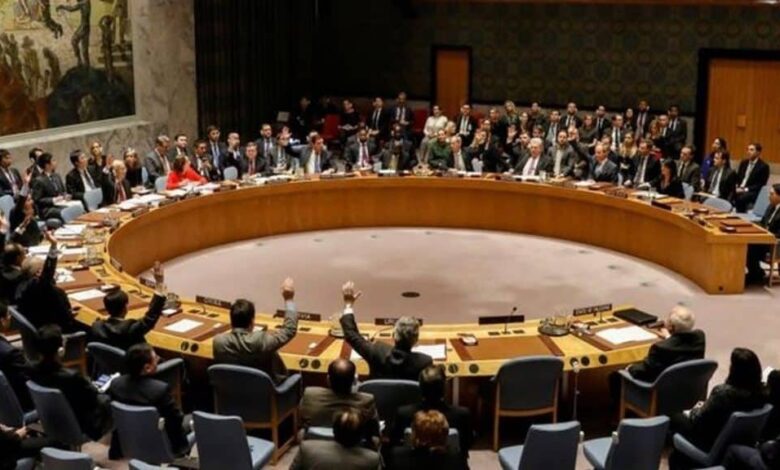Editorial: Calls to Isolate Iran’s Regime Is Not Enough

un security council
Written by
The Editorial Board
It took a fresh crisis and the loss of thousands of lives in the Middle East for the global community to finally acknowledge a warning that the Iranian Resistance had sounded as far back as 1993: the new menace to global peace and security resides within the chambers of Islamic extremism, with its epicenter in Tehran.
As international sanctions on the Iranian regime were poised to expire under the United Nations Security Council Resolution 2231, as stipulated by the Joint Comprehensive Plan of Action (JCPOA) in October 2023, a coalition of forty-seven nations spanning the continents united in a resounding declaration that the world is no longer under the illusion that this terrorist regime is deserving of trust.
Under the JCPOA, all remaining nuclear-related sanctions were set to expire on October 18, 2023. That includes restrictions on ballistic missile technologies, the proliferation of sensitive technologies, and the designation of various people and entities related to the regime’s nuclear and ballistic missile programs.
A joint statement, bearing the signatures of several Western nations, among them France, the United Kingdom, and Germany (collectively known as the E3), as well as numerous countries from various corners of the globe, underscored the call to maintain sanctions against Tehran.
As anticipated, the Iranian regime seized the opportunity to cast aspersions on other JCPOA signatories, accusing them of being untrustworthy and unreliable in their commitment. Yet, the statement from the 47 nations had already made it abundantly clear that the lifting of sanctions hinged on the regime’s initial compliance with the accord.
The regime’s nuclear dossier must be referred to the UN Security Council as soon as possible, and the six UNSC resolutions should be reinstated by the trigger mechanism, which should have been done a long time ago#Iran#JCPOA pic.twitter.com/9SK0sAe9LD
— Maryam Rajavi (@Maryam_Rajavi) September 14, 2022
A senior Iranian foreign affairs official, Ali Bagheri Kani, was dispatched to declare, ” Today, all restrictions imposed on individuals and entities listed in Resolution 2231, including asset freezes, come to an end… Maintaining such restrictions or imposing new sanctions within this framework constitutes a clear violation of the letter and spirit of Resolution 2231.”
Such statements hardly surprised the international community, well acquainted with the regime whose former president has brazenly referred to UN Resolutions as nothing more than “torn paper.”
Yet, the question that remains unanswered is how the terrorist regime has consistently flouted and violated international agreements and commitments. The answer lies in the unrelenting appeasement policies of Western countries, who repeatedly retreat from their declared red lines and fail to hold the regime accountable for its violations and atrocities.
Rather than plunging into never-ending nuclear negotiations, these nations should have reinstated the six UN Resolutions and activated the snapback mechanism outlined in UNSCR 2231. This would have been a decisive move to prevent the world’s most active state sponsor of global terrorism from obtaining the deadliest weapon of mass destruction.
While the joint statement by 47 nations calling for the continuation of sanctions on Iran’s nuclear and missile programs is a welcome sign of global attention to the looming threat posed by this warmongering regime, it is, regrettably, insufficient.
The enduring tragedies across the region and the ongoing turmoil throughout the Middle East serve as a stark reminder that until the head of extremism in Tehran is decisively dealt with, the region and the world will remain bereft of peace and stability.

